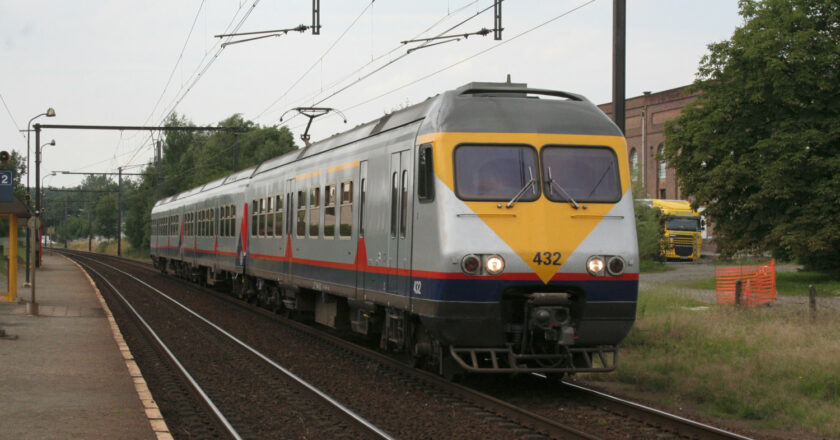The Belgian Council of State has temporarily annulled the award by the public company SNCB to the Spanish company CAF of a framework contract for up to 600 trains valued at 3.4 billion euros.
The annulment follows an appeal by Alstom, which alleges a lack of transparency in the technical evaluation criteria.
Belgium’s highest administrative body ruled that SNCB’s scoring method was “vague and unclear”, in breach of public procurement law. Although the ruling paralyses negotiations with CAF, SNCB insists that it does not necessarily oblige it to re-launch the tender.
The decision, announced in March, sparked controversy by not choosing Alstom, the frontrunner. The French manufacturer argues that it employs more than 2,000 people in the country and has the support of trade unions and politicians. Siemens, the other candidate, also lodged an appeal, which was dismissed as its French rival had already appealed the decision.
After assessing factors such as technical quality, both manufacturers questioned CAF’s choice as “preferred bidder.”
The contract aims to majorly renew the rolling stock and includes the manufacture of hundreds of new electric and battery-electric bimodal trains. It includes a first firm order for 180 trains to be in service by 2030.
According to International Railway Journal, this order will see the operator replace the AM75 and AM80 series EMU (and potentially the AM86 series), the I6 and I10 carriages, and the M5 series double-decker reversible trains.
For this competition, CAF presented its Civity Duo platform, a double-decker short—and medium-distance train whose first order is already being manufactured for the Dutch company NS.
SNCB maintains that it followed European regulations, which prevent it from prioritising local production. However, the case reflects tensions between EU standards and national industrial pressures, with criticism from Belgian unions and politicians.
Following the Council of State’s decision, the awarding of the contract begins a legal process that could delay it for years.


